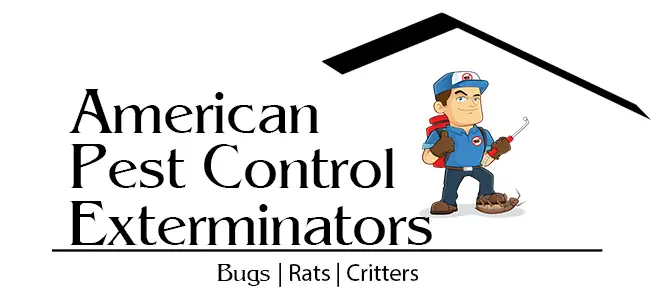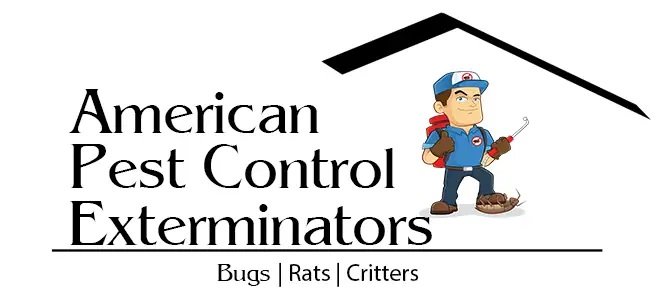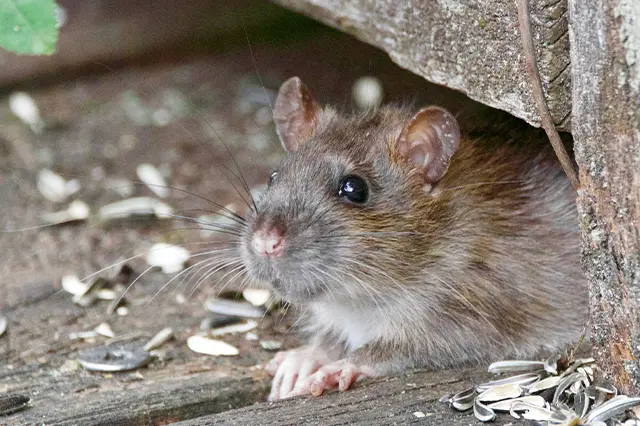
The Most Effective Chemical and Non-Chemical Rodent Control Methods
Rodents can be a major nuisance in any home, but they can also carry disease and cause property damage. To combat this problem, it’s important to know the most efficient methods of rodent control. Fortunately, there are both chemical and non-chemical methods available that can help reduce the risk of rodents in your home. In this blog post, we will explore the most effective ways to keep rodents away using chemical and non-chemical tactics. We’ll also discuss some of the pros and cons of each approach so you can make an informed decision on what method is best suited to your property.
The Different Types of Rodent Control Methods
There are many different types of rodent control methods available on the market. Some are more effective than others, and some are more expensive. Here is a list of the most common rodent control methods:
1. Trapping: Trapping is one of the most common and effective ways to get rid of rodents. There are many different types of traps available, including live traps, snap traps, and glue traps.
2. Poison: Poison is another popular method for getting rid of rodents. There are many different types of poisons available, including baits and gels.
3. Exclusion: Exclusion is a method of preventing rodents from getting into your home in the first place. This can be done by sealing up any cracks and holes in your home that may serve as entry points for rodents.
4. Ultrasonic devices: Ultrasonic devices emit high-frequency sound waves that are supposed to be effective at repelling rodents. However, there is little scientific evidence to support their efficacy.
5. Predators: Predators such as cats and owls can be effective at controlling rodent populations.
6. Habitat modification: Habitat modification is the process of making an area less attractive to rodents by eliminating food sources, providing shelter for predators, and making the environment inhospitable to rodents.
7. Fumigation: Fumigation is a professional method of extermination that involves spraying a toxic gas into an enclosed space in order to kill any pests that may be present.
8. Professional exterminators: Professional exterminators are trained to identify rodent infestations and use various methods to eliminate them.
The Pros and Cons of Each Method
There are several different ways to control rodents, both chemical and non-chemical. Here are the pros and cons of each method:
Chemical methods:
–Poison baits are effective at killing rodents, but they can also be dangerous to pets and children if they eat the bait.
–Traps can be effective, but you need to check them regularly and dispose of the bodies properly to prevent disease.
–Fumigation can be very effective, but it is expensive and can be dangerous if not done properly.
Non-chemical methods:
–Ultrasonic devices emit high frequency sound waves that discourage rodents from entering an area. They are safe to use around children and pets, but may not be effective in large areas or against all types of rodents.
–Snap traps are a more humane option than poison baits, but they too must be checked regularly and the bodies disposed of properly.
–Glue boards can be effective, but they may not work against all types of rodents and can be messy to clean up.
The Most Effective Rodent Control Method
There are a variety of ways to control rodents, both chemical and non-chemical. The most effective method of rodent control depends on the type of rodent, the severity of the infestation, and the area affected.
The most common type of rodent is the house mouse. Mice are attracted to food sources and can enter homes through small openings or cracks. Mice can be controlled with a variety of methods, including snap traps, glue boards, and poison baits.
Norway rats are another common type of rodent. These rats are larger than mice and can cause significant damage to property. Norway rats can be controlled with similar methods as mice, such as snap traps, glue boards, and poison baits.
The best way to prevent rodents from entering your home is to seal all entry points and keep food sources inaccessible. If you already have a rodent problem, the most effective way to control it is to call a professional pest control company.
How to Choose the Right Rodent Control Method for Your Home
There are many different rodent control methods available on the market today. Choosing the right method for your home can be a difficult task. There are a few things you should take into consideration when making your decision. The following is a list of some of the most effective chemical and non-chemical rodent control methods:
1. Snap traps: Snap traps are one of the most popular and effective rodent control methods. They work by quickly snapping shut on the rodent when it steps on the trigger plate. This method is very effective, but it does require regular checks and resetting of the trap.
2. Electronic traps: Electronic traps work by delivering a high-voltage shock to the rodent when it enters the trap. These traps are very effective, but they can be expensive.
3. Poison baits: Poison baits are another popular method of rodent control. These baits work by poisoning the rodents when they eat them. This method is effective, but it does pose a risk to pets and children if they were to come into contact with the bait.
4. Glue boards: Glue boards work by trapping the rodents on a sticky board where they will eventually die of starvation or dehydration. This method is very effective, but it can be messy.
5. Ultrasonic devices: Ultrasonic devices emit high frequency sound waves that are meant to repel rodents away from an area. These devices are relatively new and have mixed reviews in terms of effectiveness.
6. Natural repellents: Natural repellents are a popular choice for those who are looking for a more eco-friendly approach to rodent control. These repellents usually contain natural ingredients, such as peppermint oil or citronella, that repel rodents away from an area.
Choosing the right rodent control method for your home will depend on what type of rodents you are dealing with, the size of the infestation, and your budget. If you have any questions about which method is right for you, it is best to consult with a pest control specialist.
Conclusion
Rodent control is an essential part of home and business maintenance. Using the most effective chemical and non-chemical methods can help you to keep rodents at bay for good. It’s important to know what type of rodent problem you have so that you can choose the best option for your needs, whether it be a traditional poison trap or repellents like peppermint oil or ultrasonic sound emitters. With diligent monitoring, proper precautions, and regular cleaning, your home or business should remain free from pesky rodents!

